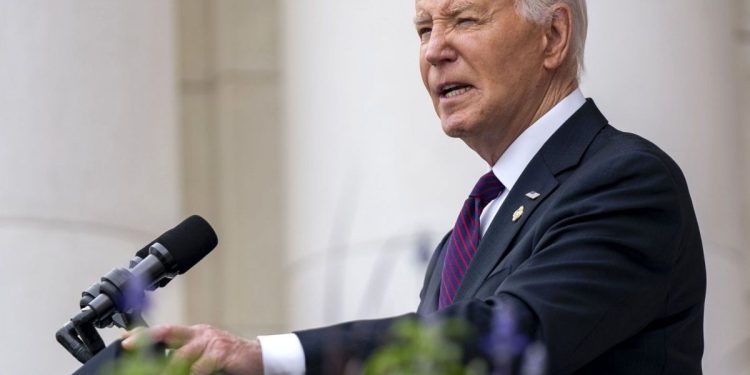On Tuesday, the White House unveiled updated guidelines for companies looking to buy carbon credits as a means of offsetting their emissions.
The Joint Statement of Policy and New Principles for Responsible Participation in Voluntary Carbon Markets intends to codify the administration’s market approach, which will be vital to the country’s credible action on climate change.
According to the new guidelines, carbon credits and related activities must meet “credible atmospheric integrity standards,” minimize environmental and social harm, and corporate credit buyers should pursue demonstrable emission reductions across their value chain.
The principles also stated that credit users should publicly report their purchases and accurately represent their impact; that market players should help to improve market integrity; and that governments and market participants should encourage participation to reduce transaction costs.
The statement assures that the carbon market can deliver on supporters’ expectations for decarbonization.
The administration stated, “We need further steps to strengthen this market and enable [voluntary carbon markets] to deliver on their potential.” “Observers discovered evidence that numerous common crediting systems do not consistently provide the decarbonization outcomes they claim.
“In too many instances, credits do not live up to the high standards necessary for market participants to transact transparently and with certainty that credit purchases will deliver verifiable decarbonization.”
Supporters say the new Biden administration criteria are consistent with nonprofit entities that monitor corporate carbon emissions, such as the Integrity Council for Voluntary Carbon Markets.
Nat Keohane, president of the Center for Climate and Energy Solutions, told The Hill, “I think that sends a very strong signal to the market that there is real weight and alignment behind what the integrity council is doing.”










